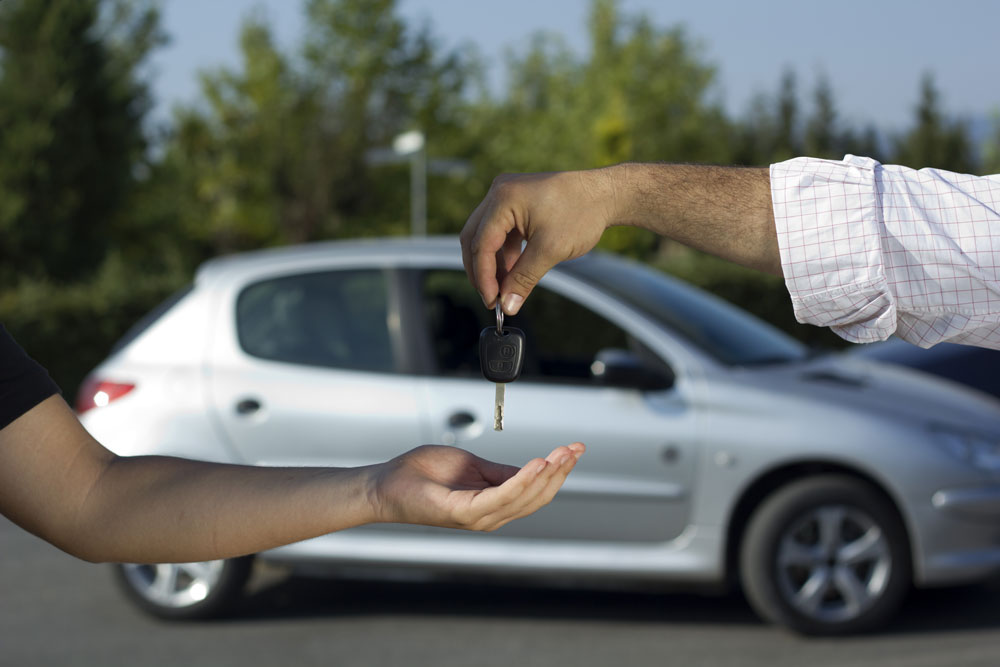Summer Road Trips & Tyre Pressure: Why It Matters for Your Safety
The countdown to summer holidays is on, road trips are planned, eskies

One of the biggest decisions many people face when acquiring a new vehicle is whether to lease or buy. Both options have their advantages and drawbacks, and the choice ultimately depends on individual preferences, financial situations, and driving habits. In this blog, we’ll delve into the pros and cons of leasing and buying a car to help you make an informed decision.
Pros:
Lower Monthly Payments: Lease payments are typically lower than loan payments when buying a new car. This is because you’re essentially paying for the depreciation of the vehicle during the lease term rather than the full value of the car.
New Car Every Few Years: Leasing allows you to drive a new car every few years without the hassle of selling or trading in your old vehicle. This can be appealing for those who enjoy having the latest features and technology.
Lower Repair Costs: Since leased vehicles are usually under warranty for the duration of the lease term, you’ll likely spend less on maintenance and repairs compared to owning a car outside of its warranty period.
Mileage Restrictions: Most lease agreements come with mileage restrictions, and exceeding these limits can result in hefty fees. If you have a long commute or frequently take road trips, leasing may not be the most cost-effective option for you.
No Ownership Equity: When you lease a car, you’re essentially renting it for a set period, with no ownership equity building over time. This means you won’t have any asset to sell or trade-in at the end of the lease term.
Penalties for Wear and Tear: Lease agreements often include provisions for wear and tear beyond normal usage. Any damages beyond what’s considered acceptable may incur additional charges upon returning the vehicle.
Pros:
Ownership: When you buy a car, you own it outright once you’ve paid off the loan. This means you can modify it, sell it, or keep it for as long as you desire without any restrictions from a leasing company.
No Mileage Limits: Unlike leasing, there are no mileage restrictions when you own a car. You’re free to drive as much as you want without worrying about excess mileage fees.
Building Equity: As you make payments on a car loan, you’re gradually building equity in the vehicle. Eventually, you’ll own the car outright, and its value can be used as a trade-in or sold for cash.
Higher Monthly Payments: Buying a car typically involves higher monthly payments compared to leasing, as you’re financing the full purchase price rather than just the depreciation.
Depreciation: Cars depreciate over time, and when you buy a new car, you’re taking on the full brunt of this depreciation. This can result in a significant loss of value if you decide to sell the car in the future.
Maintenance Costs: Once the warranty expires, you’re responsible for covering all maintenance and repair costs, which can add up over time, especially for older vehicles.
Ultimately, the decision between leasing and buying a car boils down to your individual preferences, financial situation, and lifestyle. If you prioritise lower monthly payments, driving a new car every few years, and minimal maintenance costs, leasing may be the better option for you. On the other hand, if you value ownership, flexibility, and building equity in a vehicle, buying might be the way to go. Regardless of your choice, carefully weigh the pros and cons to ensure you make the best decision for your needs.
The countdown to summer holidays is on, road trips are planned, eskies
There’s nothing like a cool burst of air on a hot Queensland
Spring has arrived, bringing with it longer days, warmer sunshine, and the
Copyright 2018 © Red Devil Radiators and Air Conditioning | Privacy Policy | Web Development and Hosting by Digimedia Worx Pty Ltd
This website uses cookies to improve user experience. By using our website you consent to all cookies in accordance with our privacy and cookies policy.